Picture Books about Mental Health
- Home
- Books & More
- Recommended Reading
- Picture Books about Mental Health
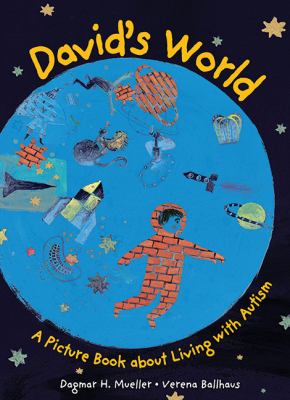
A young boy’s understanding of his autistic brother improves as a therapist works with David and his family. His family learns how to interpret David’s behavior and David begins to learn to use words to communicate.
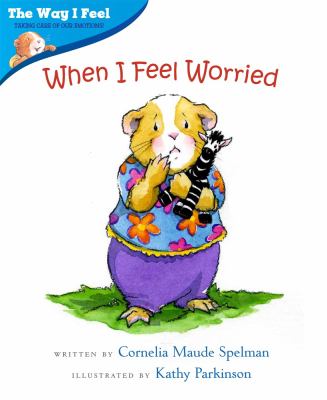
Everybody worries. Children worry, too--in new or confusing situations, or when someone is angry with them. This author uses reassuring words and touching illustrations to address a young guinea pig’s anxieties and shows her ways to make herself feel better.
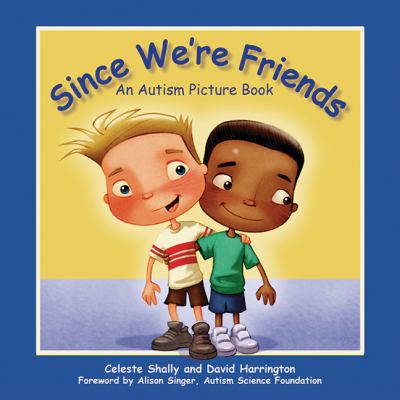
A boy describes his friendship with Matt, whose autism causes him to behave strangely at times. He talks about how he makes things easier for Matt at school and in their neighborhood.
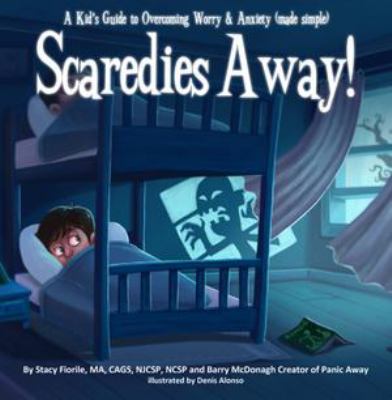
Jack usually runs away from what scares him. Now that his cousin Clay has taught him how to overcome his fears all on his own using the Magic Finger Countdown, Jack is ready to take on the world! The Magic Finger Countdown is a simple and effective technique rooted in Cognitive Behavioral Therapy and Acceptance and Commitment Therapy.
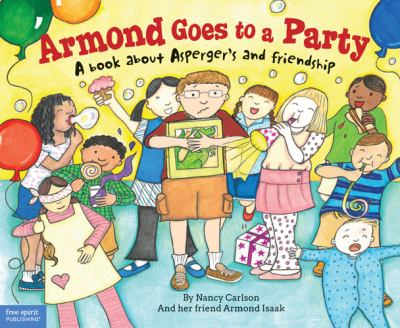
Armond doesn’t want to go to a birthday party. Parties are noisy and disorganized; things that are hard for a kid with Asperger’s. Hardest of all is socializing with other kids. But with the support of Felicia and her mom, he not only gets through the party, but also has fun. This is a great book for anyone to learn about coping with autism or Asperger’s.
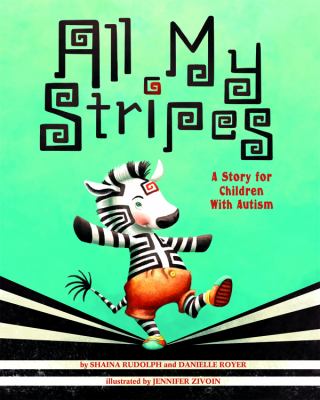
This is the story of Zane, a zebra with autism, who worries that his differences make him stand out from his peers. With careful guidance from his mother, Zane learns that autism is only one of many qualities that make him special. Contains a Note to Parents.
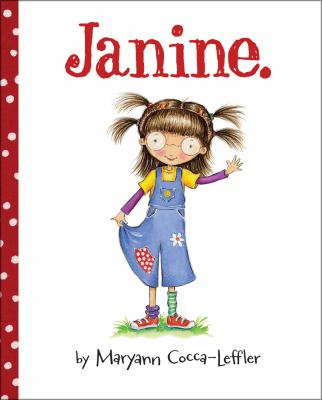
Janine dresses a little differently, remembers random facts, reads the dictionary for fun, and has her own style of cheering. One girl in Janine's class is throwing a party and all the cool kids are invited. But Janine is not cool. Some kids think she is strange. In this story, the author uses her own daughter as inspiration for a delightfully spunky character.

Kids of any age will learn simple exercises to help manage stress and emotions, find focus, and face challenges. They'll discover how to feel safe when scared, relax when anxious, spread kindness, and calm anger when frustrated. This book is a tool for helping kids deal with the stresses of everyday life and improve emotional health.
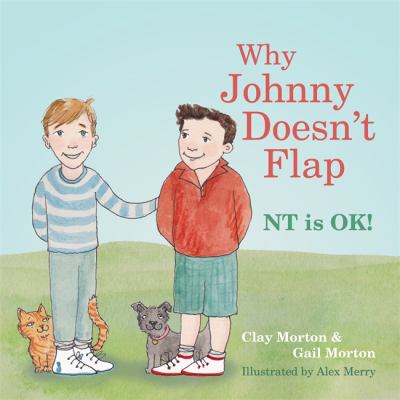
This book turns the tables on common depictions of neurological difference by revealing how people who are not on the autistic spectrum are perceived by those who are. The autistic narrator's bafflement at his neuro-typical friend's quirks shows that 'normal' is simply a matter of perspective.
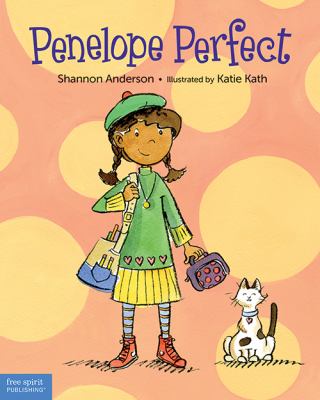
This encouraging story told in cheerful rhyme speaks to kids who deal with perfectionism or other forms of anxiety. The book concludes with tips and information to help parents, teachers, and other adults foster dialogue with children about overcoming perfectionism and coping when things don’t go according to plan.
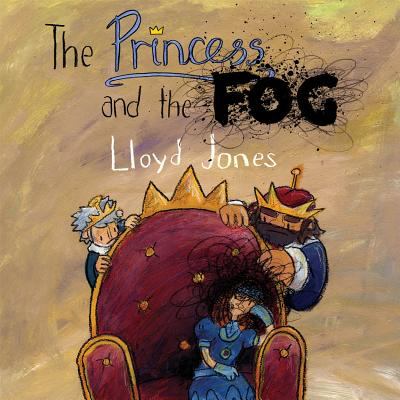
This picture book was written to help sufferers of depression aged 5-7 cope with their difficult feelings. It uses illustrations, a sense of humor, and metaphor to create a relatable, enjoyable story that describes the symptoms of childhood depression while also providing hope that things can get better with a little help and support. The story is also a great starting point for explaining depression to all children, especially those who may have a parent or close family member with depression. It also includes a guide for parents.